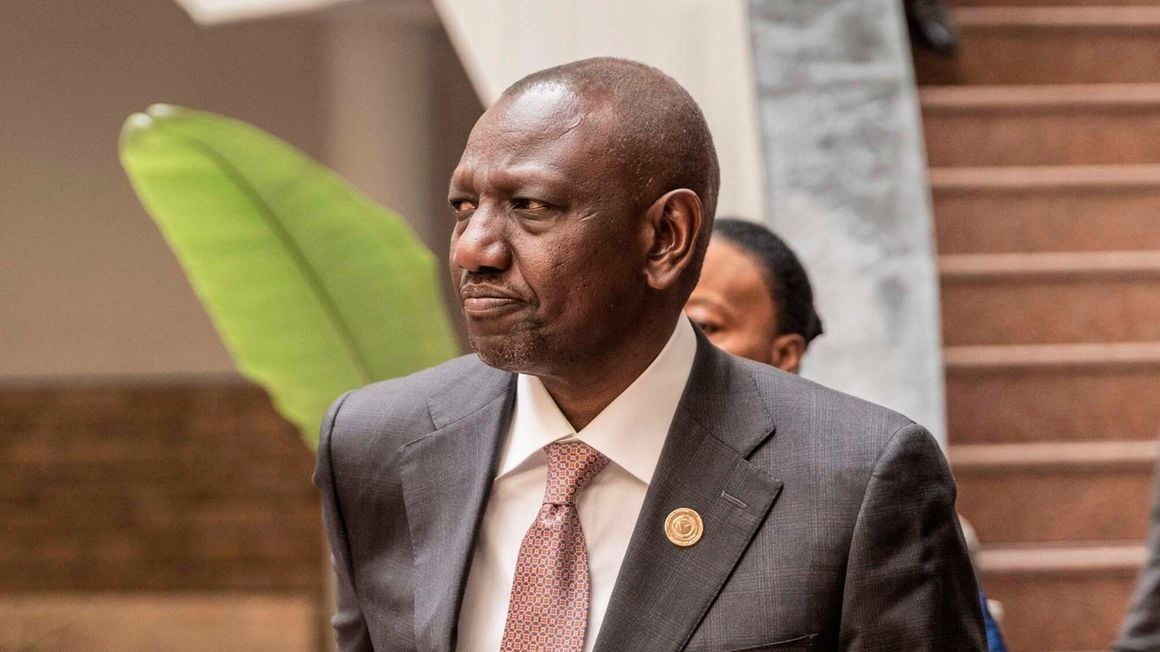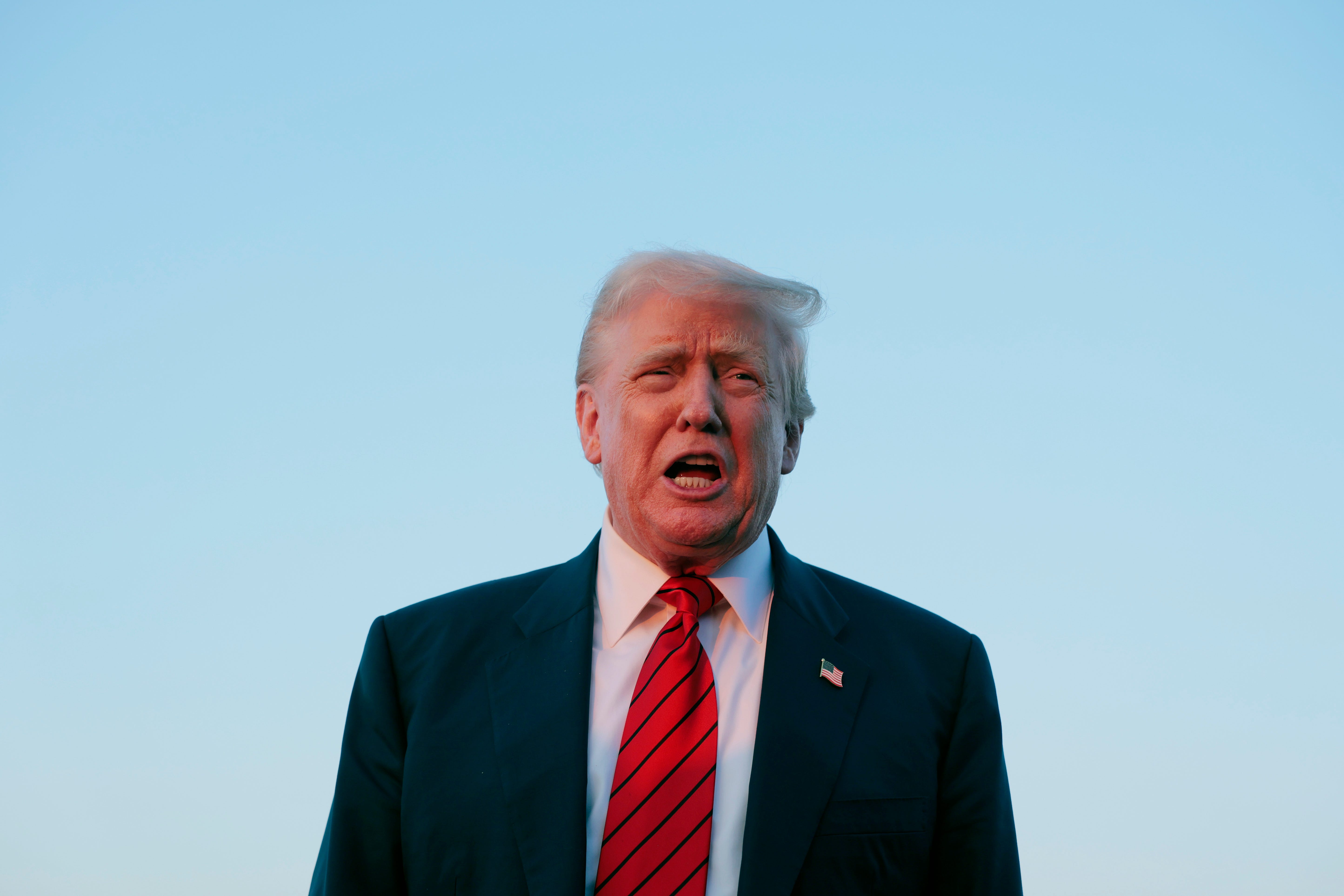
Kenya is facing renewed uncertainty in its fight against insecurity after US President Donald Trump announced that Washington would no longer bankroll military operations in Africa, singling out countries like Kenya and Somalia.
- US President Donald Trump announced a shift in US military priorities, reducing funding to overseas operations
- Trump’s approach suggests significant reassessment of trade, aid, and security partnerships with African nations.
- Kenya, heavily reliant on American support for its counterterrorism and security efforts, faces increased uncertainty regarding these ties.
- The UN has approved a new security force for Haiti, involving Kenya, but questions arise about the extent of US financial backing.
US President Donald Trump has jolted allies across Africa by declaring that America will no longer act as the “policeman” of countries such as Kenya and Somalia.
Speaking before more than 800 generals at Marine Corps Base Quantico in Virginia, Trump said it was time to redirect the military inward, against what he described as an “enemy from within.”
“Only in recent decades did politicians somehow come to believe that our job is to police the far reaches of Kenya and Somalia, while America is under invasion from within,” he said, adding that resources would be shifted from foreign missions to US borders and cities.
The remarks, combined with his broader warnings that trade, aid, and security partnerships will be reassessed unless they serve “clear benefits” to Washington, suggest that African governments should prepare for significant funding cuts.
Kenya caught in the crossfire
Kenya is particularly vulnerable. Just last year, under the Biden administration, Nairobi was designated a major non-NATO ally, a status that deepened security ties and facilitated American support for Kenya’s counterterrorism operations against al-Shabaab and other militant groups.
Kenya also hosts a critical US military base in Manda Bay, Lamu County.

Trump’s comments raise uncertainty about the future of these arrangements, even as Kenya faces persistent threats along its Somali border and rising gang violence domestically.
Without US support, Nairobi will have to find new ways to sustain its counterterrorism campaigns, while maintaining its commitments abroad, including its role in Haiti.
A new UN force, but uncertain backing
The UN Security Council this week approved a US-backed resolution creating the Gang Suppression Force (GSF) in Haiti, a force of 5,550 personnel that will replace the Kenya-led Multinational Security Support Mission (MSS).
Although Kenya has expressed interest in joining, Trump’s signals of disengagement raise questions over how much Washington will contribute beyond diplomatic backing.
The MSS, with fewer than 1,000 officers, has struggled to contain Haiti’s well-armed gangs. The GSF is designed to be five times larger, with broader powers to detain gang members and secure humanitarian access.
Yet, if the US reduces funding, Kenya and other participating states could be left overstretched in a conflict that is already proving costly.
How Kenya can adapt
Analysts say Kenya may need to pivot toward regional and non-Western partnerships, seeking deeper security ties with the African Union, Gulf states, or even China, Russia, and Turkey, all of which have been expanding their defense footprints in Africa.
At the same time, Nairobi will have to reallocate more domestic resources to counterterrorism and internal security if US assistance begins to fade.
Kenya’s leaders face a delicate balancing act: sustaining its international commitments, protecting its citizens from terror threats, and navigating a shifting global order where American guarantees can no longer be taken for granted.












